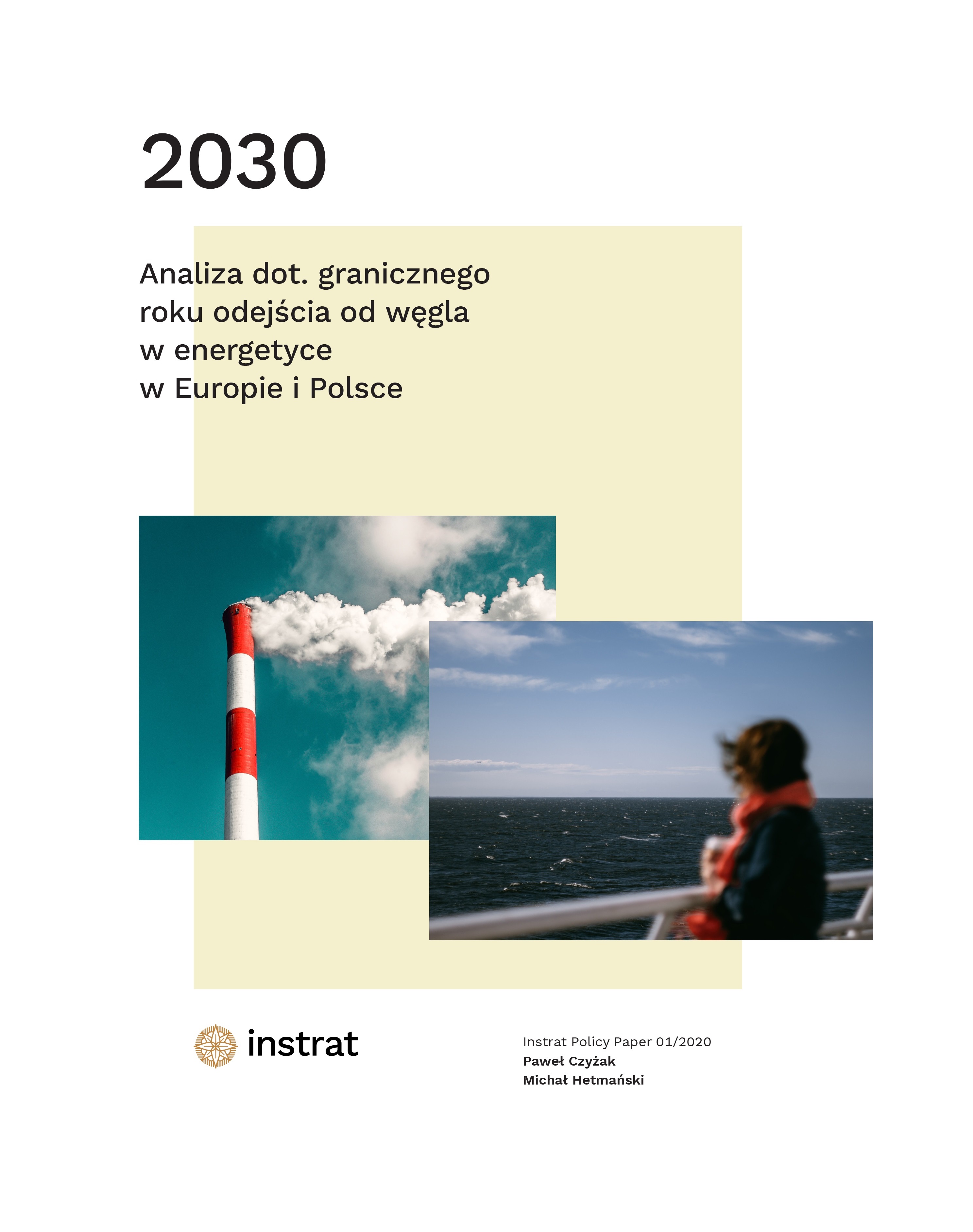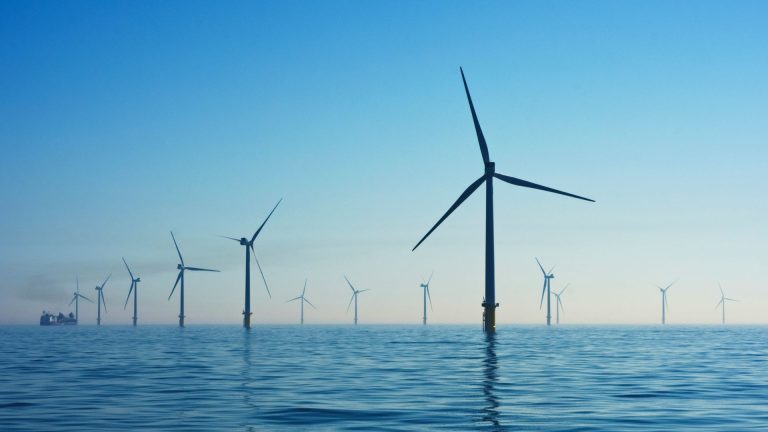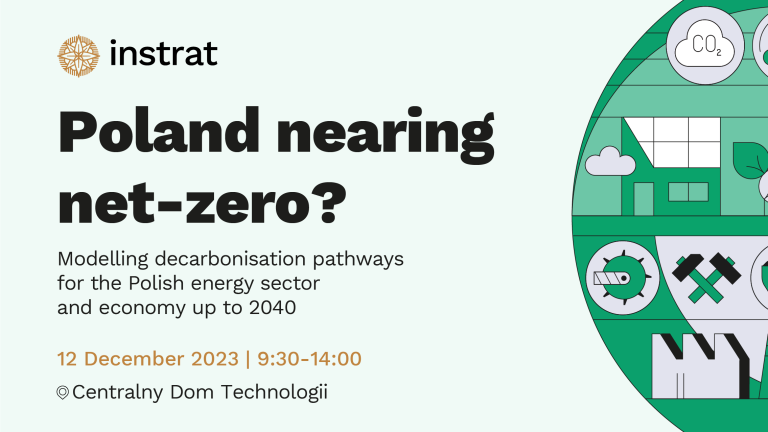The Instrat Foundation published a policy paper 2030: Analysis of the border coal phase-out year in the energy sector in Europe and Poland, which shows that Poland’s rapid coal phase-out in the energy industry is not only possible but also necessary in the light of Poland’s international commitments. Experts analyzed key climate and energy scenarios of renowned international institutions to reveal that Poland should abandon coal by 2030 at the latest.
A fast decarbonization pace of the Polish energy sector is necessary due to the implementation of international agreements, especially the Paris Agreement signed in 2015 by the then Prime Minister Beata Szydło. The agreement assumes that the signatory countries will commit to reducing their greenhouse gas emissions to halt the increase in the global average temperature below 2 degrees Celsius, with a target of 1.5°C. To implement the provisions of the Paris Agreement, all European Union member states, including Poland, must abandon coal combustion for power generation by 2030 at the latest.
The final year to quit coal is not accidental. It directly results from scenarios that limit global warming to 1.5°C, which the Intergovernmental Panel on Climate Change (IPCC) included in their report. These scenarios assume a near-complete discontinuation of electricity production from burning coal in OECD and EU countries by 2025, and by 2030 in the group of 1.5°C scenarios that project a low overshoot,” said Paweł Czyżak from Instrat, co-author of the report.
Not only climatologists point to the year 2030 as the limit for Poland to move away from coal. The International Energy Agency (IEA) presented an ambitious scenario in its 2017 report Energy Technology Perspectives. Known for its extreme caution in designing energy production scenarios, the IEA describes a future close to the implementation of the Paris Agreement’s provisions by assuming that the production of electricity from coal ends in 2030 in all EU member states, including Poland.
“Energy scenarios leave no doubt: changes in the energy sector must accelerate. The government can no longer delay the just energy transition, and the first step to implementation must be to set a date for the coal exit. The next decade should be one of revolutionary change in the energy sector. Even conservative institutions such as the International Energy Agency clearly indicate a scenario in which Europe and Poland will abandon burning coal by 2030. With the right political will, good strategy, and available funding, such a revolution is not only necessary but also possible” added Czyżak.
What is crucial in the whole decarbonization process is the sequence of actions, explains Michał Hetmański, co-author of the study. “Firstly, the energy industry itself is responsible for about half of all greenhouse gas emissions in Europe. Secondly, developed countries – including the EU – bear historically the greatest responsibility for greenhouse gas production and hence they are obligated to initiate leadership in climate policy. Coal-fired power plants will be the first to experience the rapid changes brought by the EU climate policy.”
Contact:
Michał Hetmański – michal.hetmanski@instrat.pl +48 513 748 019
Briefing: www.instrat.pl/en-2030-en-info
Analysis: www.instrat.pl/2030-en
Data supplement: www.bit.ly/instrat2030data
Executive summary
Czyżak, P., Hetmański, M., (2020). 2030: Analysis of the border coal phase-out year in the energy sector in Europe and Poland, Instrat Policy Paper 01/2020.
Authors of the report: Paweł Czyżak, Michał Hetmański
Media coverage available here and below:
Our recent study on the 2030 coal exit deadline for Poland with a detailed breakdown of scenarios from @IPCC_CH @IEA @CA_Latest – authored by @paczyzak and @hetmanski_m available now as exec. summary in English
— Fundacja Instrat (@fundacjainstrat) March 16, 2020
⏩ https://t.co/z0qAgq9l6e@CoalTransitions @BeyondCoal @CANEurope https://t.co/dJxjCE0F2D pic.twitter.com/SfwvdYk8xy





